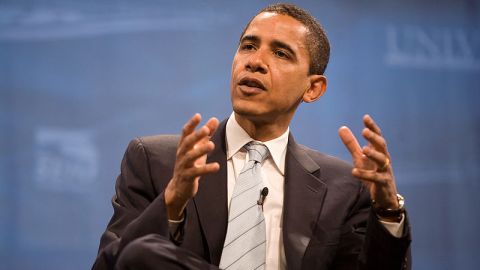Not a Man of Doctrines

After President Obama’s recent speeches—one at West Point proposing sending more troops to Afghanistan and one accepting the Nobel Peace Prize in Oslo—commentators have been quick to articulate the “Obama Doctrine” at their base. But Obama is not a man of doctrines. Unlike his predecessor, he refuses to see the world in simple Manichean terms or issue sweeping statements of principle. If anything, what these two very different speeches reveal is his belief that there are no simple general answers to the difficult problems of politics.
By giving Obama the Peace Prize just as he was taking over a nation already engaged in two wars, the Nobel Committee forced him to grapple with this complexity, to reconcile his use of force with a desire for peace. We are, as he admitted, at war, and he is responsible for the deaths of our soldiers and of those whom they kill. Nevertheless, he felt, keeping our troops in Afghanistan was justified by the need to defeat Al Qaeda. The instruments of war, he said, “do have a role to play in preserving the peace.” As uncomfortable as it was to say this, the truth is that most of us don’t think peace is worth any price or that violence is never justified. Renouncing violence in all circumstances means letting those who refuse to the same do what they will. Most of his European audience would have agreed that someone like Hitler who was willing to exterminate whole groups of people had to be met with force.
But if most of us will agree that violence is sometimes necessary, many may still feel Obama is too ready to resort to it. As I have written, Obama has no good options in Afghanistan. But if you believe, as many do, that our continued presence in Afghanistan will do no good or is not justified by the danger to us, then Obama’s decision to stay seems terribly costly. And although he insists that America should be “a standard bearer in the conduct of war,” we are still holding prisoners and Guantanamo and elsewhere on flimsy grounds and in conditions that violate the Geneva Conventions. Likewise, as Glenn Greenwald points out, for all that we have done to underwrite global security since WWII, we have also fought wars in Vietnam, Central America, and Iraq which are harder to justify. At the same time, we have done little to end the genocide in Sudan, the violence in the Congo, and repression in Burma that Obama decries. The truth is that our legacy is mixed, and Obama’s assurance that we don’t use force to impose our will won’t do much to reassure the world.





